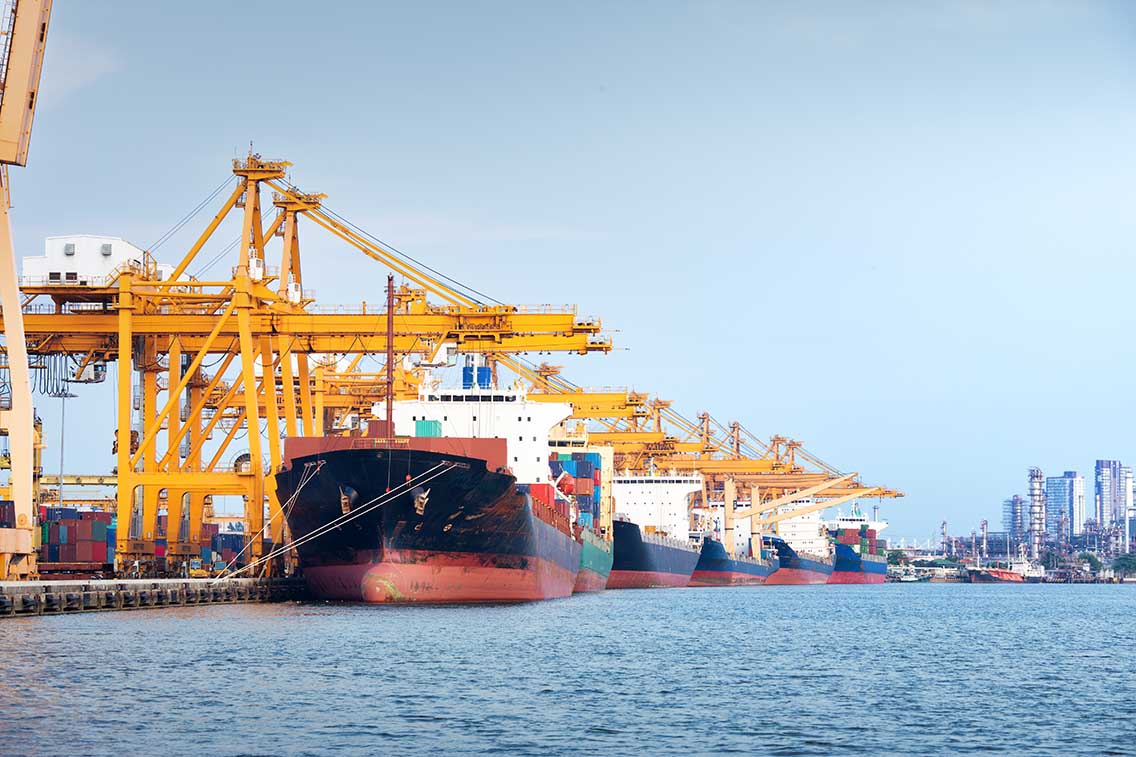This article was produced with the support of PAFTRAC
As global trade faces mounting headwinds; from rising tariffs and shrinking aid to geopolitical tensions and fragile supply chains, African CEOs are doubling down on regional integration, digital innovation, and sustainability to future-proof the continent’s economic trajectory.
That’s the resounding message from the 2025 Africa CEO Trade Survey, unveiled in Geneva on Thursday September 18, 2025, by the Pan-African Private Sector Trade and Investment Committee (PAFTRAC) in partnership with African Business on the sidelines of the WTO Public Forum.
Drawing insights from over 2000 senior executives polled across 51 African countries, the fifth edition of the report offers a sweeping view of how African businesses are navigating a volatile global landscape.
The African Continental Free Trade Area (AfCFTA) was hailed by 96% of respondents as vital to safeguarding Africa’s trade interests with intra-african trade rebounding by over 12.4% in 2024. More than half of those surveyed rated the agreement as “extremely important,” underscoring its role in building integrated markets and resilient value chains across a continental market of 55 countries and about 1.4 billion people.
Commenting on the survey’s findings, Professor Patrick Utomi, Chairperson of PAFTRAC said: “The AfCFTA offers a foundation for building integrated markets and value chains, while digitisation and sustainability provide the means to future-proof African trade.”
The report paints a picture of a continent not merely reacting to global shocks but one that is proactively reshaping its trade architecture.
Further insights from the report indicate that over half of African firms (53%) now use digital payments, marking a significant leap in financial inclusion and efficiency. The report, however, noted that challenges persist in the form of high transaction costs, unreliable internet infrastructure, and cybersecurity risks which continue to hamper broader adoption.
An overwhelming 98% of CEOs identified sustainability as an emerging and defining theme. They affirmed that environmental and social responsibility are central to their future trade strategies. This signals a shift toward green growth, with African businesses increasingly aligning with global ESG standards and climate-conscious practices.
Beyond traditional markets, the survey reveals a growing appetite for new partnerships with African business executives increasingly looking to the Gulf States and the Caribbean as emerging trade frontiers, reflecting a strategic pivot toward South-South cooperation and diversified alliances.
The timing of the report is critical. With the United States imposing new tariff regimes, Overseas Development Assistance (ODA) in decline, and donor aid facing cuts, African firms are being forced to recalibrate. Yet, the survey suggests that rather than retreating, they are responding with resilience and strategic foresight.
In the face of global fragmentation, African CEOs are betting on regional unity, digital transformation, and sustainable growth to drive the continent’s trade future. The 2025 Africa CEO Trade Survey not only captures this moment of recalibration; it affirms Africa’s ambition to shape a more inclusive and equitable global economy.
For policymakers, investors, and trade partners, the message is clear: Africa is not waiting for the world to stabilize. It is building its own path forward.

 Sign in with Google
Sign in with Google 



